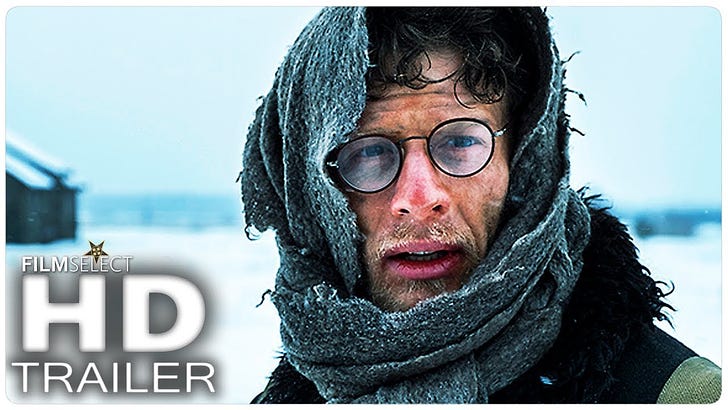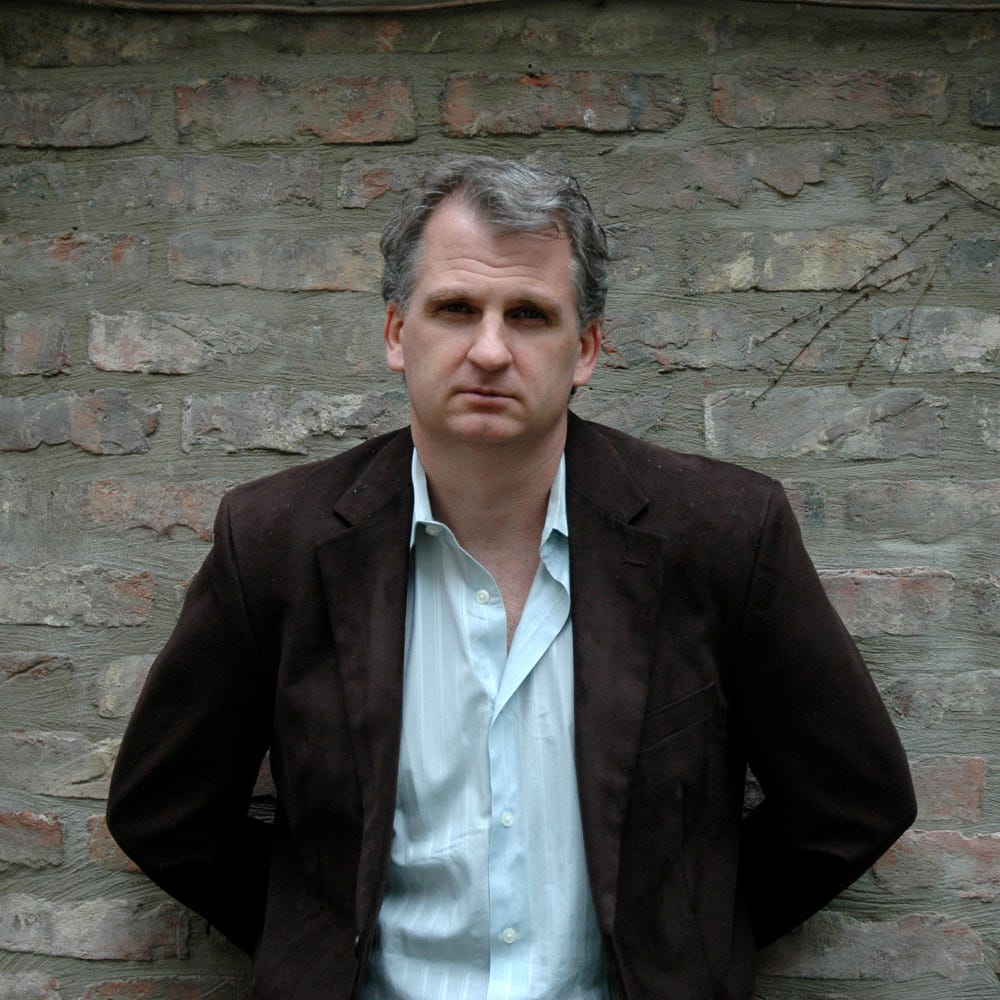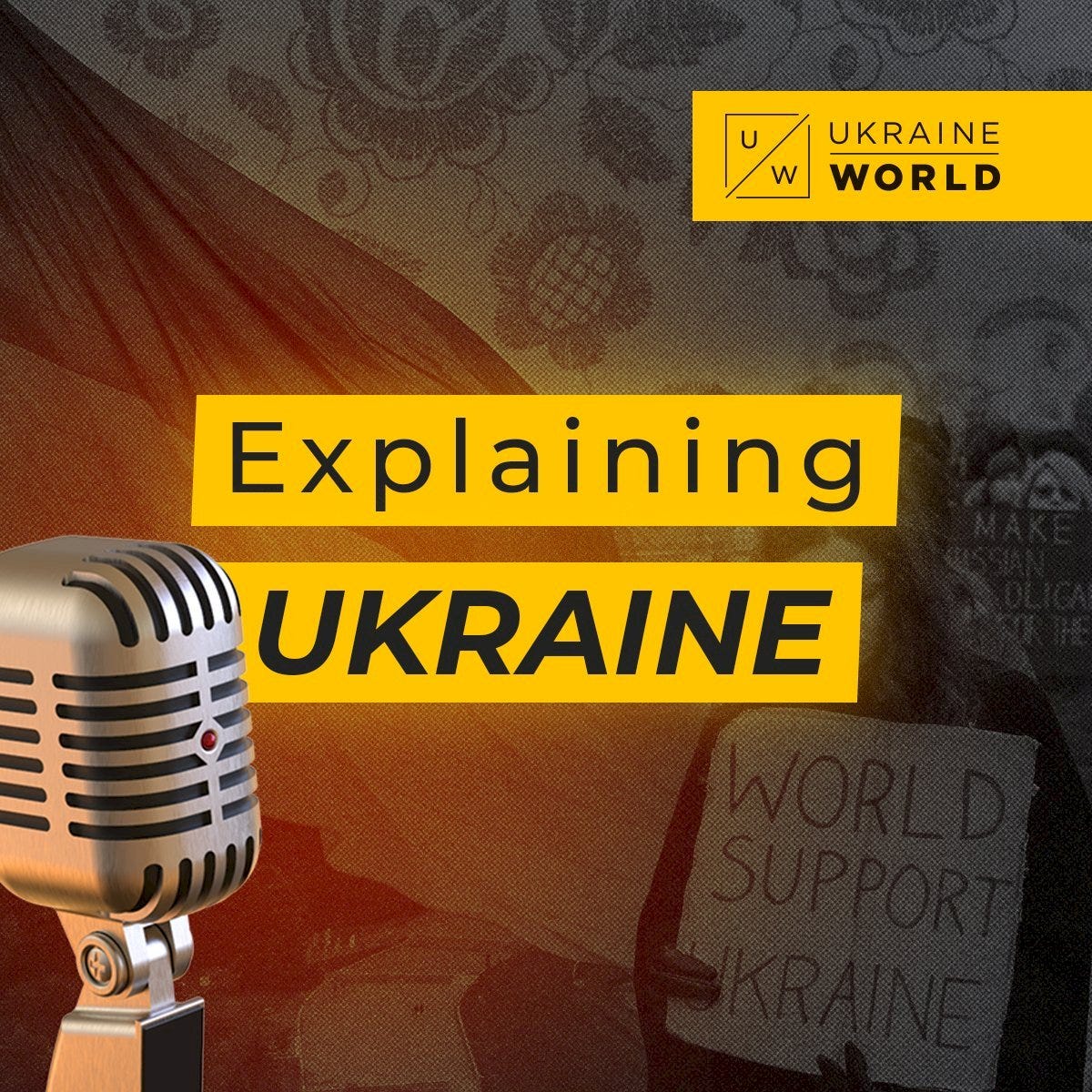Who is Timothy Snyder
Timothy David Snyder is an American historian specializing in the modern history of Central and Eastern Europe, who is the Richard C. Levin Professor of History at Yale University and a permanent fellow at the Institute for Human Sciences in Vienna. He has written several books, including the best-sellers Bloodlands: Europe Between Hitler and Stalin and On Tyranny: Twenty Lessons from the Twentieth Century. An expert on the Holocaust, Snyder is on the Committee on Conscience of the United States Holocaust Memorial Museum. He is also a member of the Council on Foreign Relations.
I remember…
The first Timothy Snyder book I read was ‘On Tyranny’: My sister had gifted it to me in the summer of 2017 because we were both shaken by Trump’s presidency, and we were trying to understand the resurgence of authoritarianism in the US and Europe.
I then gobbled up Snyder’s ‘The Road to Unfreedom’ by a wood-burning stove at the Lazy Olive farmhouse, near the Serre di Rapolano, during our Christmas holidays in 2019. It’s ear-marked, high-lighted and underlined, and sitting here next to my desk for reference.
I realised I had done things backwards when I watched the film, Mr Jones, directed by Agnieszka Holland, and written by Andrea Chalupa. Had I read Snyder’s ‘Bloodlands’ first, I would have understood Ukraine’s determination to join the EU, its Revolution of Dignity, and its determination to defend itself against Russian aggression and genocide.
I’m delighted Snyder has opened up his lectures about Ukrainian history to the general public, and pleased to post the syllabus for his course. I’ve published it as is, and if you are a subscriber to Synder’s Thinking About, you’ll find it there too.
A shout out also to Volodymyr Yermolenko’s Ukraine World & Ukraine World Podcast, which I discovered much too late:
It’s an English-language multimedia project about Ukraine run by Internews Ukraine. Our team produces articles, podcasts, video explainers, analyses, and books about Ukraine in English. We have also cultivated a network of over 300 international journalists and experts focusing on Ukraine in order to bring together key actors focused on Ukrainian issues.
Their latest episode is “Ukraine’s counter-offensive disrupts Russia’s logistics.”
Course Syllabus: "The Making of Modern Ukraine," Fall 2022_
Dear Friends, this semester I am teaching a lecture class at Yale devoted to the history of Ukraine. The lectures are being made available on a Youtube channel: the first one is here. They will continue to be published over the course of the autumn. A number of you have asked for the syllabus, so I am placing it here. I hope it’s of interest. By the way: I will have a long article on Ukraine, war, and democracy appearing in Foreign Affairs this week. More soon! Best, TS
The Making of Modern Ukraine, History 247, Timothy Snyder, Fall Semester 2022
Questions:
What brought about the Ukrainian nation? Ukraine must have existed as a society and polity on 23 February 2022, else Ukrainians would not have collectively resisted Russian invasion the next day. Why has the existence of Ukraine occasioned such controversy? In what ways are Polish, Russian, and Jewish self-understanding dependent upon experiences in Ukraine? Just how and when did a modern Ukrainian nation emerge? Just how for that matter does any modern nation emerge? And why some nations and not others? What is the balance between structure and agency in history? Can nations be chosen, and does it matter? Can the choices of individuals influence the rise of much larger social organizations? If so, how? Ukraine was the country most touched by Soviet and Nazi terror: what can we learn about those systems, then, from Ukraine? Is the post-colonial, multilingual Ukrainian nation a holdover from the past, or does it hold some promise for the future?
Topics:
Often the most important historical factors are the ones that are most difficult to see. Ukraine tends to exemplify the major trends in European and world history, but sometimes in a form so radical that they escape notice and classification. Ukraine provides an early example of European state formation and an early example of anti-colonial rebellion. We will begin with brief reflections on ancient history and geography, and cover the middle ages and the early modern period, but will concentrate upon the nineteenth and the twentieth centuries, and will conclude with the current war. Topics there include the Kyiv state, early modern Lithuania, and Poland during the age of discovery. Ukraine also provides an intense example of the confrontation between modern national politics and extreme colonial alternatives from the far right and far left. Modern topics therefore include Russian and Austrian empires; Jewish and Polish urban society; Romanticism and modern nationalism; the Bolshevik Revolution and its Ukrainian counterparts; Soviet modernization and terror; Nazi occupation and the Holocaust; and ethnic cleansing. Finally, contemporary Ukrainian history poses in striking form the question of the functionality and durability of the post-imperial state. The last few topics are thus: the late Soviet Union; problems of post-Soviet rule, the Orange Revolution and Maidan and the war of 2014; and the present war.
Course requirements include:
(1) Regular attendance in lecture
(2) Regular attendance and participation in section (20%)
(3) A map quiz (10%)
(4) Two fifty-minute examinations (25% each)
(5) A five-page memo on a theme from Ukrainian history (20%)
Please do the assigned readings before lecture and be prepared to discuss them in section. It is your responsibility to bring the books and your notes to section. The use of electronic devices is not permitted in lectures, sections, or examinations. Please bring pen and paper. You will be supplied with a list of terms and an outline for each lecture (with the exception of the guest lectures).
These books should be available for purchase at the Yale Book Store:
Ascherson, Black Sea
Plokhii, Gates of Europe
Snyder, Reconstruction of Nations
Snyder, Red Prince
Snyder, Bloodlands
Snyder, Road to Unfreedom
Pomerantsev, Nothing is True
Rudnyts'kyi, Essays in Modern Ukrainian History
Shore, Ukrainian Night
A few other readings can be found on Canvas.
Lectures
September 1 (Thursday), Ukrainian Questions Answered by Russian Invasion (1): Yekelchyk, Ukraine: Birth of a Modern Nation, chapter 1.
September 6 (Tuesday), The Genesis of Nations (2): Rudnyts'kyi, "The Role of Ukraine in Modern History"
September 8 (Thursday), Map Quiz
September 13 (Tuesday), Geography and Deep History: Rudnyts'kyi, "Ukraine between East and West"; Plokhy, Gates of Europe, chapter 1.
September 15 (Thursday), Before There was Europe: Plokhy, Gates of Europe, chapter 2.
September 20 (Tuesday), The Kyiv State: Vikings, Slaves, and Law: Plokhy, Gates of Europe, chapters 3-6.
September 22 (Thursday), The Grand Duchy of Lithuania: Plokhy, Gates of Europe, chapter 7.
September 27 (Tuesday), The Rise of Muscovite Power (Paul Bushkovitch): Robert Crummey, The Formation of Muscovy 1304-1613, London: Longman, 1987, 1-29, 84-115, 143-178.
September 29 (Thursday), The Jews of Ukraine
Dan Shapira, "The First Jews of Ukraine," in Yohanan Petrovsky-Shtern and Antony Polonsky, eds., Polin, vol. 26, 2014, 65-78.
Judith Kalik, "Jews, Orthodox, and Uniates in the Ruthenian Lands," in Yohanan Petrovsky-Shtern and Antony Polonsky, eds., Polin, vol. 26, 2014, 131-146.
October 4 (Tuesday), Polish Power and Cossack Rebellion: Plokhy, Gates of Europe, chapters 8, 9, 10, 11, 12.
October 6 (Thursday), The Global Age of Empire
October 11 (Tuesday), Russia: Empire and Peoples: Rudnyts'kyi, "Intellectual Origins of Modern Ukraine"; Plokhy, Gates of Europe, chapters 13, 14, 16, 17.
October 13 (Thursday), First Exam
October 18 (Tuesday), Habsburg Curiosity
Rudnyts'ky, "Ukrainians in Galicia under Habsburg Rule"
Amelia Glaser, "Between Nation and Class: Nataliya Kobrynska's Jewish Characters," in in Yohanan Petrovsky-Shtern and Antony Polonsky, eds., Polin, vol. 26, 2014, 183-195.
Plokhy, Gates of Europe, chapter 15.
John-Paul Himka, Galician Villagers and the Ukrainian National Movement in the Nineteenth Century, Edmonton: CIUS, 1988, 1-36.
Snyder, Red Prince, entire.
October 25 (Tuesday), Marxisms and Revolutions
Plokhy, Gates of Europe, chapters 18, 19
Orest Subtelny, Ukraine: A History, Toronto: University of Toronto Press, 1997, chapters 18, 19.
Rudnyts'kyi, "The Ukrainian National Movement on the Eve of the First World War"
Rudnyts'kyi, "The Fourth Universal and its Ideological Antecedents"
October 27 (Thursday), Poland's Ukrainian Question
Rudnyts'kyi, "Polish-Ukrainian Relations: The Burden of History"
Snyder, Sketches from a Secret War, entire
November 1 (Tuesday), Ukrainization to Famine: The Soviet 1930s
Plokhy, Gates of Europe, chapters 20, 21.
Matthew D. Pauly, Breaking the Tongue: Language, Education, and State Power in Soviet Ukraine, 1923-1934, Toronto: University of Toronto Press, 2014, conclusion.
November 3 (Thursday), Colonization, Extermination, Ethnic Cleansing: the 1940s: Plokhy, Gates of Europe, chapters 22, 23; Yekelchyk, Stalin's Empire of Memory, chapters 1-4.
November 8 (Tuesday), Cold War and Neostalinism: The Khrushchev and Brezhnev Years
Plokhy, Gates of Europe, chapter 24.
Yekelchyk, Ukraine: Birth of a Modern Nation, chapter 9.
Rudnyts'kyi, "The Political Thought of Soviet Ukrainian Dissidents"
Yekelchyk, Stalin's Empire of Memory, chapters 5-7 and epilogue.
Ivan Dzyuba, "On the Twenty-Fifth Anniversary of the Murders in Baby Yar" (and accompanying materials), in Yohanan Petrovsky-Shtern and Antony Polonsky, eds., Polin, vol. 26, 2014, 381-389.
Nov 10 (Thursday), Before and After the End of History
Nov 15 (Tuesday), Oligarchies in Russia and Ukraine
Plokhy, Gates of Europe, chapter 26; Serhy Yekelchyk, The Conflict in Ukraine, Oxford: Oxford University Press, 2015, chapter 4.
Peter Pomerantsev, Nothing is True and Everything is Possible, New York: Public Affairs, 2014, Act 1: Reality Show Russia, 1-77.
November 17 (Thursday), Maidan and Self-Understanding (Marci Shore): Shore, Ukrainian Night, entire.; Pomerantsev, Nothing is True and Everything is Possible, 208-238.
November 29 (Tuesday), Comparative Russian Imperialism (Arne Westad)
December 1 (Thursday), Ukrainian Culture in the Twenty-First Century: Snyder, "The War in Ukraine has Unleashed a New Word," New York Times, 22 April 2022.
December 6. (Tuesday) The Colonial, The Post-Colonial, and the Global:
Snyder, "The War in Ukraine is a Colonial War" New Yorker, 28 April 2022;
Snyder, "Integration and Disintegration: Europe, Ukraine, and the World."
December 8 (Thursday). Second Exam
December 13 (Tuesday by 5:00pm) Memoranda due





